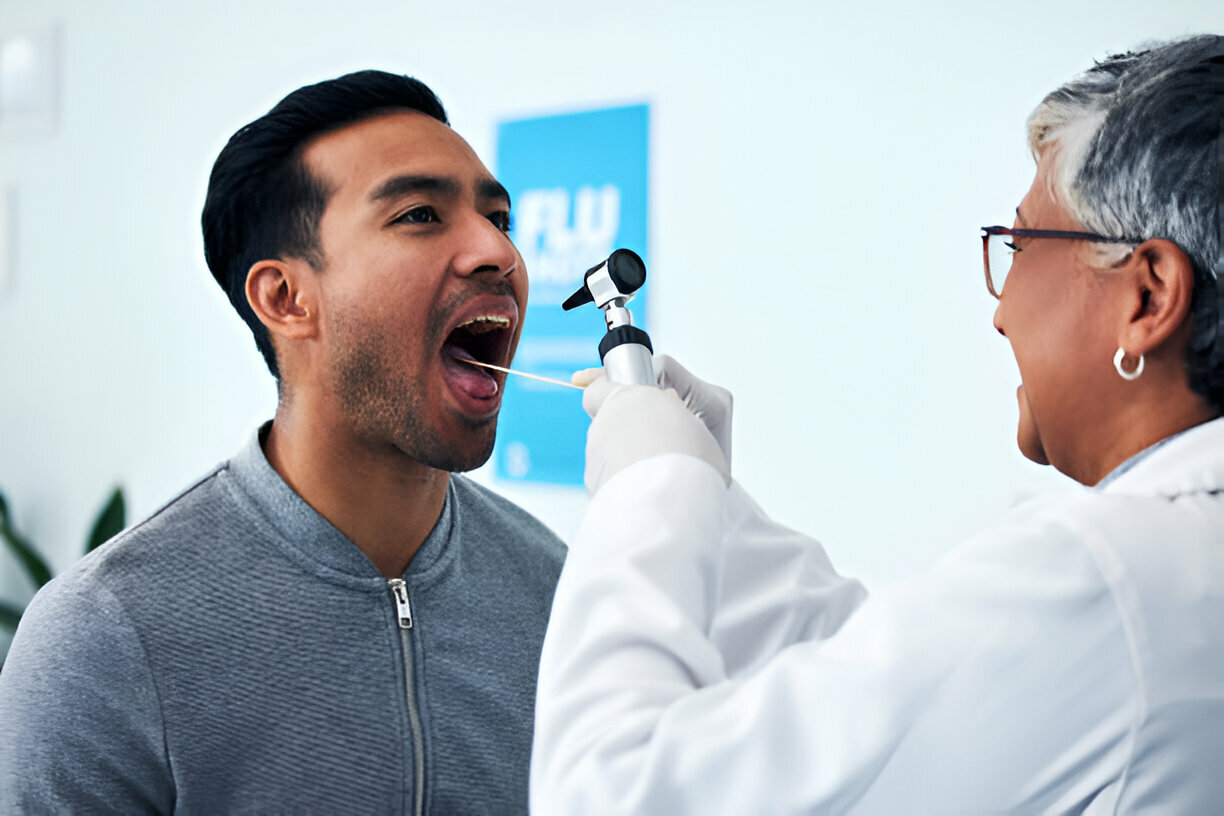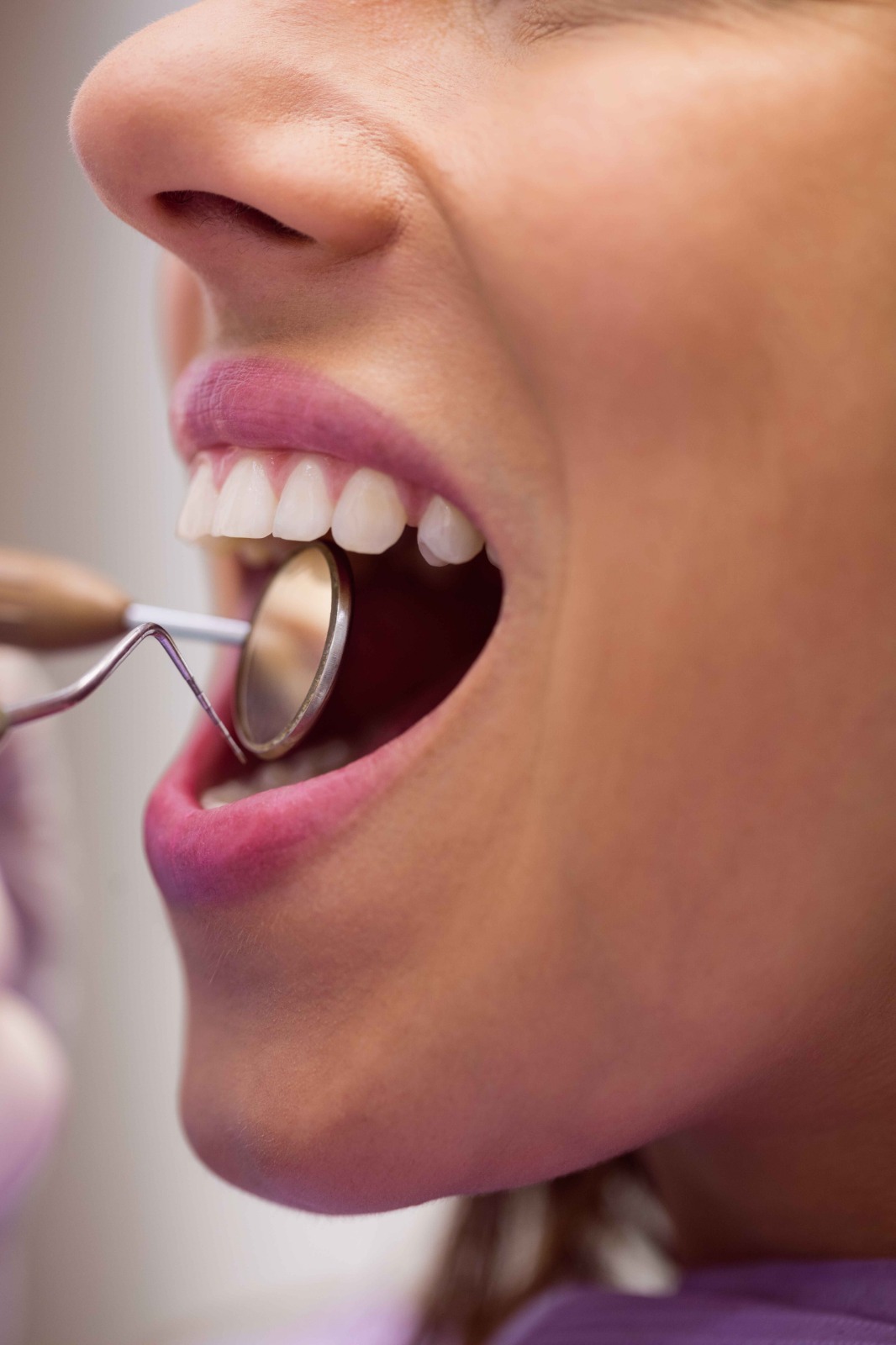Subtotal $0.00
Subscribe to out newsletter today to receive latest news administrate cost effective for tactical data.
2478 Street City Ohio 90255
Shopping cart
- Phone:+91 7676154488
- Email:support@sksmedicalcentre.com
Subscribe to out newsletter today to receive latest news administrate cost effective for tactical data.
2478 Street City Ohio 90255
A small river named Duden flows by their place and supplies it with the necessary regelialia. It is a paradise

Oral Cavity Screenings involves a visual and physical examination of the oral cavity and throat, and may include advanced imaging or biopsies if abnormalities of cancer or precancerous conditions in the mouth are detected in the mouth.
Expert Team: Our clinic features highly experienced specialists who provide accurate diagnostics and effective treatments for oral cancer.
Advanced Technology: We use the latest, state-of-the-art technology for precise and reliable screening, ensuring the highest quality of care.
Comprehensive Care: From initial screenings to follow-up consultations, we offer a full range of services to support your health and well-being.
Personalized Approach: We tailor our diagnostic and treatment plans to meet individual needs, providing customized care for each patient.
Patient-Centric Service: We prioritize patient comfort and provide clear, compassionate communication throughout the screening and treatment process.

Oral cancer can occur in various parts of the mouth and throat, and it includes several specific types based on the location and cell type. Basically they are
Yes, oral cancer can be treated successfully if detected early. Early detection often allows for less aggressive treatments and significantly improves the chances of a favourable outcome.
Visual & Physical Examination: The dentist inspects and palpates the oral cavity and surrounding areas for abnormalities.
Specialized Tests: May include fluorescence imaging, Velscope, or toluidine blue staining to highlight suspicious areas.
Biopsy: If needed, a sample of tissue is taken for laboratory analysis to confirm or rule out cancer.
Most oral cancer screenings are minimally invasive and do not cause significant discomfort; however, biopsies may cause some temporary discomfort.
Early Detection: Regular screenings can detect cancer at an early stage, increasing the chances of successful treatment and recovery.
Non-Invasive: Most screening methods, like visual exams and brush biopsies, are non-invasive and painless, making them easy to incorporate into regular health check-ups.
Cost-Effective: Early detection of oral cancer can reduce treatment costs, as catching the disease early often requires less extensive and less expensive treatment options.
Preventive Care: Screenings can identify pre-cancerous conditions, allowing for preventive measures to be taken before cancer develops.
Peace of Mind: Regular screenings provide reassurance to patients, knowing they are proactively managing their oral health.
Increased Survival Rates: When oral cancer is detected early, survival rates are significantly higher, highlighting the critical role of routine screenings.
The cost of oral cancer screenings can vary based on the type of screening, with advanced methods and biopsies generally being more expensive than basic visual exams. Insurance coverage, healthcare provider fees, geographic location, and potential additional procedures can all affect the overall cost.
Individuals at higher risk due to factors like smoking, heavy alcohol use, or a history of oral cancer should consider regular screenings.
It is generally recommended to have an oral cancer screening annually, especially if you have risk factors or symptoms.
The procedure typically takes about 10 to 30 minutes, depending on the type of screening and any additional tests required.
Oral cancer screenings are effective at detecting abnormalities, but additional tests like biopsies may be needed for definitive diagnosis.
If results are abnormal, further tests or a biopsy may be recommended to determine the presence of cancer and the appropriate treatment.
Yes, screenings can also help identify other oral health issues, such as infections or inflammatory conditions.
While screenings cannot prevent cancer, they can detect early signs, leading to timely treatment and potentially reducing the risk of cancer progression.
There is usually no special preparation needed. However, inform your dentist or doctor of any symptoms or concerns prior to the screening.
Yes, many dentists include oral cancer screenings as part of routine dental check-ups.